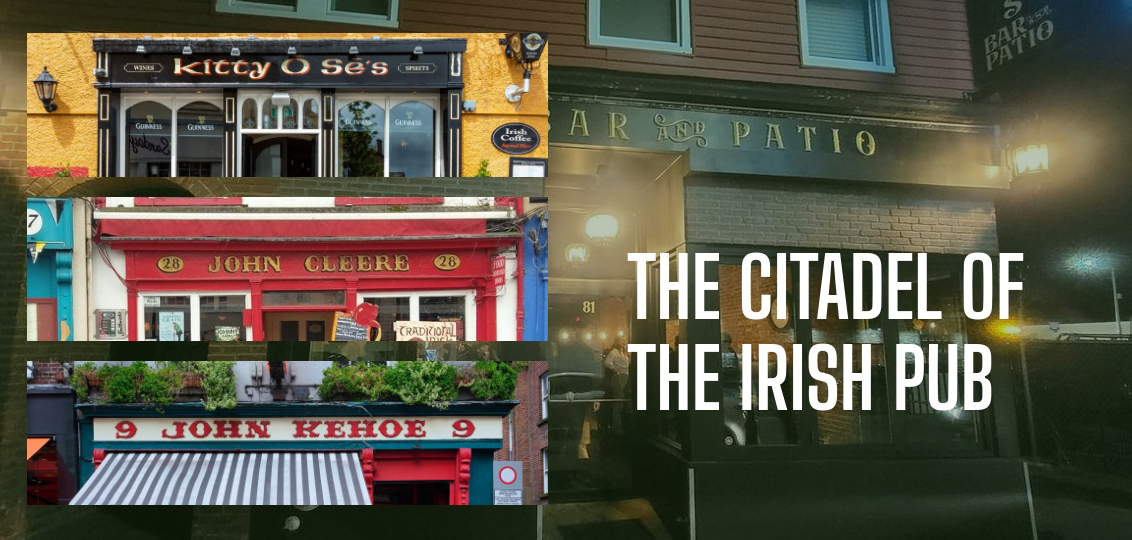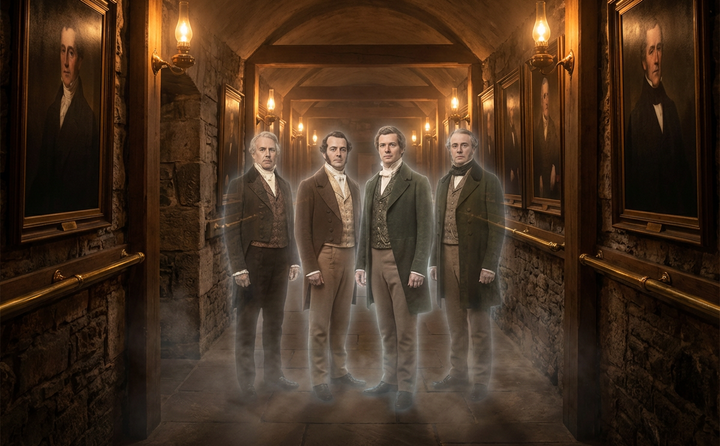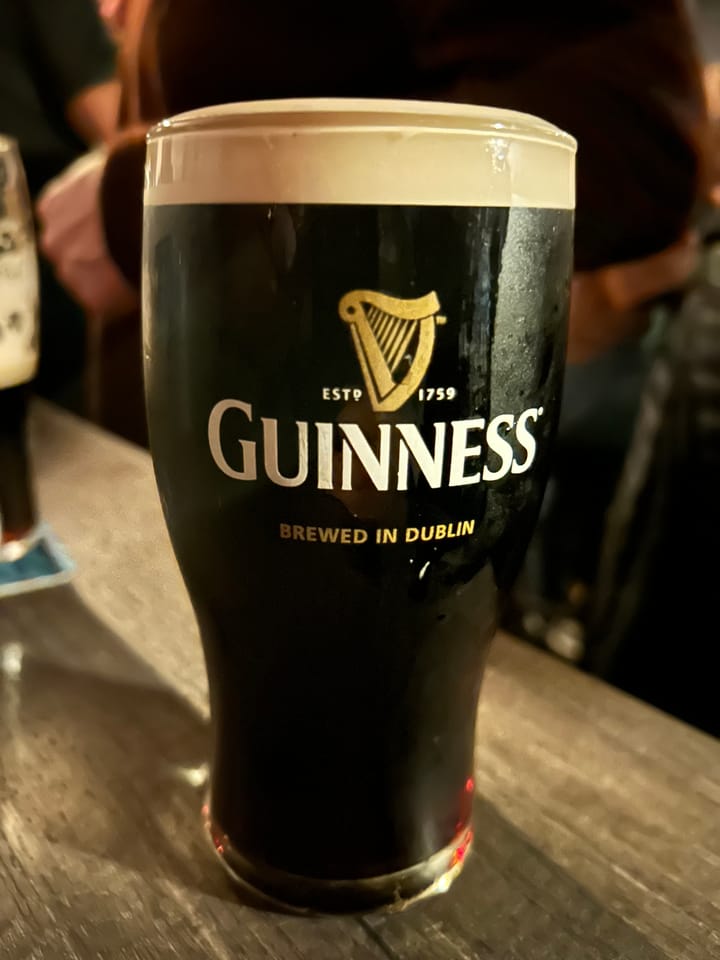The Citadel of the Irish Pub: Why the Name on the Door Matters
Not just a fortress, but a refuge, a relationship, and a ritual.

In Ireland, the pub has never just been a bar.
It’s been a courthouse and a classroom. A chapel and a dance floor. A political nerve center, a poetic sanctuary, a safe house in times of war, and a silence in times of grief. The true Irish pub has always been a kind of citadel—not just a building, but a stronghold of identity, memory, and welcome.
Citadel (n.): A fortress that protects a city; a stronghold of refuge, resistance, or cultural power.
And for generations, the Irish pub has done exactly that—protected something vital. It’s held communities together when other institutions faltered. It’s invited immigrants and exiles to be seen again. It’s reminded people who they are.
Even in the North, where symbols once separated, Guinness was poured on both sides of the divide. The pint didn’t erase history—but it let people stay long enough to remember they both had one.
That legacy lives on. And not just in Ireland.
Today, the true Irish pub abroad carries that same weight. Not every shamrock-plastered joint does it justice. But the real ones? You know them the moment you walk in.
Look up at the sign. Chances are, it bears a name:
Murphy. O’Connell. Dempsey. Cleere.
That’s no marketing gimmick. That’s tradition rooted in law.
Back in the 1800s, British alcohol licensing laws—especially the Licensing (Ireland) Act of 1872—required pub owners to publicly display their full name and license outside the premises. This was meant to enforce accountability and traceability. But in Ireland, where land had been taken and names erased, this law had a paradoxical power.
Every licensed person shall cause to be painted or fixed, and shall keep painted or fixed on the premises in respect of which his license is granted, in a conspicuous place and in such form and manner as the [1 licensing justices] may from time to time direct, his name, with the addition after the name of the word “licensed,” and of words sufficient, in the opinion of the said [[1 justices] to express the business for which his license has been granted, and in particular of words expressing whether the license authorises the sale of intoxicating liquor to be consumed on or off the premises only
from the Licensing Act, 1872 (Irish Statute Book)
Putting your name on a pub wasn’t just compliance. It was also defiance.
My name is above the door.
This place is mine.
And I stand behind what happens here.
That tradition stuck. And it still means something today. Because if you’re the kind of person who puts your name above the door, you’re accountable—not to shareholders, but to your community. If the pour’s off, if the welcome is cold, if the room isn’t right—it’s your name they remember. And if it is right? You’ve built something that matters.
That’s what makes the pub a citadel—not just walls and taps, but a space claimed with care, purpose, and pride.
Shuggy, a Dubliner who now runs a perfect-pour pub of his own in the States, said something when our daughter was preparing to live abroad that I’ll never forget:
If you are ever away from home and find yourself in trouble, find the local Irish pub. You will be safe and they will help you. 100%.
But then he leaned in and expanded that truth:
Go find the pub.
Get to know the place.
Learn how they pour.
Learn who they are.
Say hello to the bartender. Say hello to the owner—that’s not hard, their name’s right above the door.
And when you do that—when you show up not just for the drink, but for the people—they’ll look after you like you’re family of the person on the sign.
Because you are.
And even if you didn’t know them?
Go in.
Let them know you know.
And they’ll help. That’s the way it works.
That’s the citadel.
It isn’t built just in brick. It’s poured in pints. It’s spoken in names. It’s held together by care. And it’s waiting—always—for the next person who needs to be seen, to be remembered, and to belong.
—Mike






Comments ()